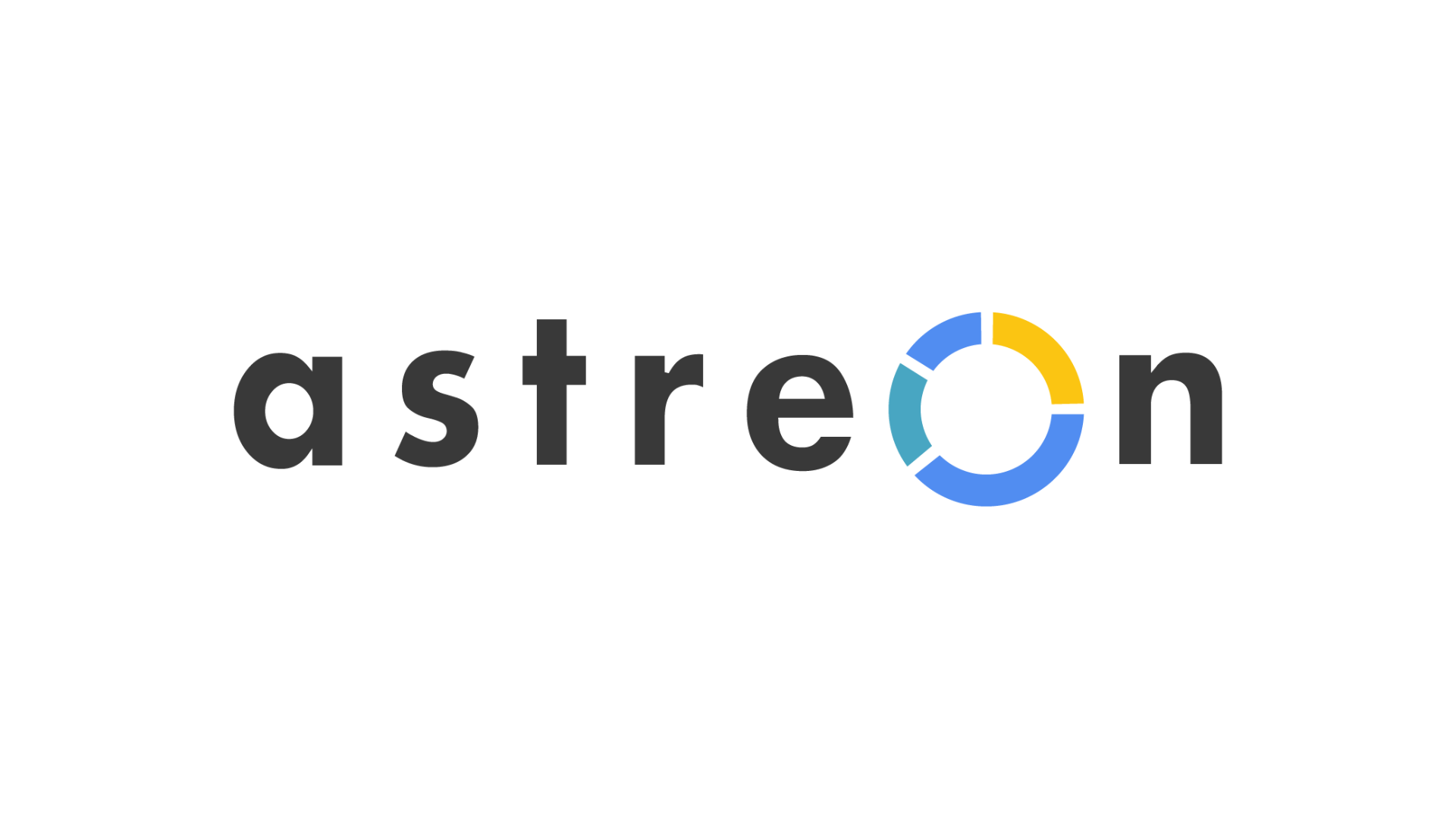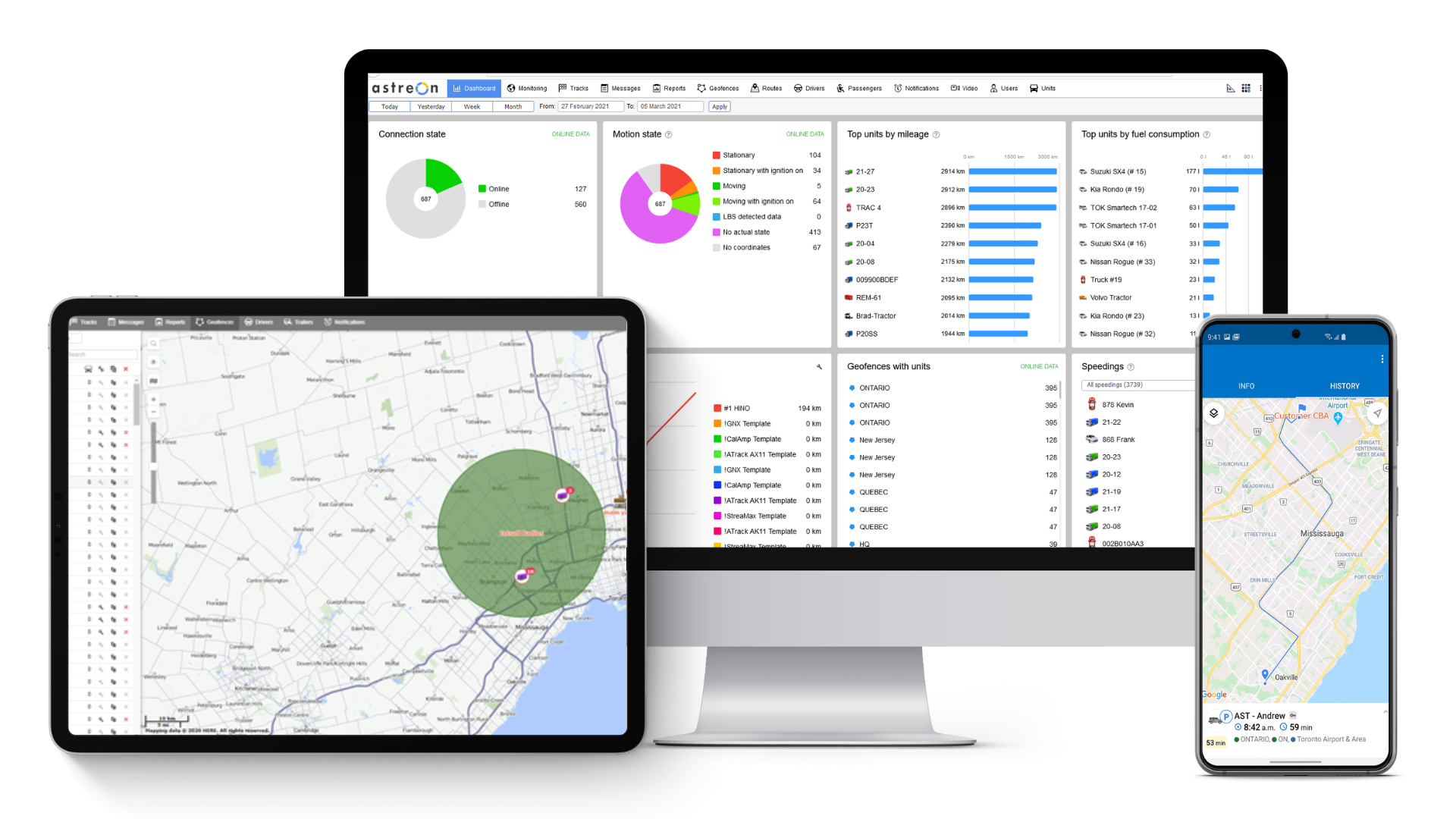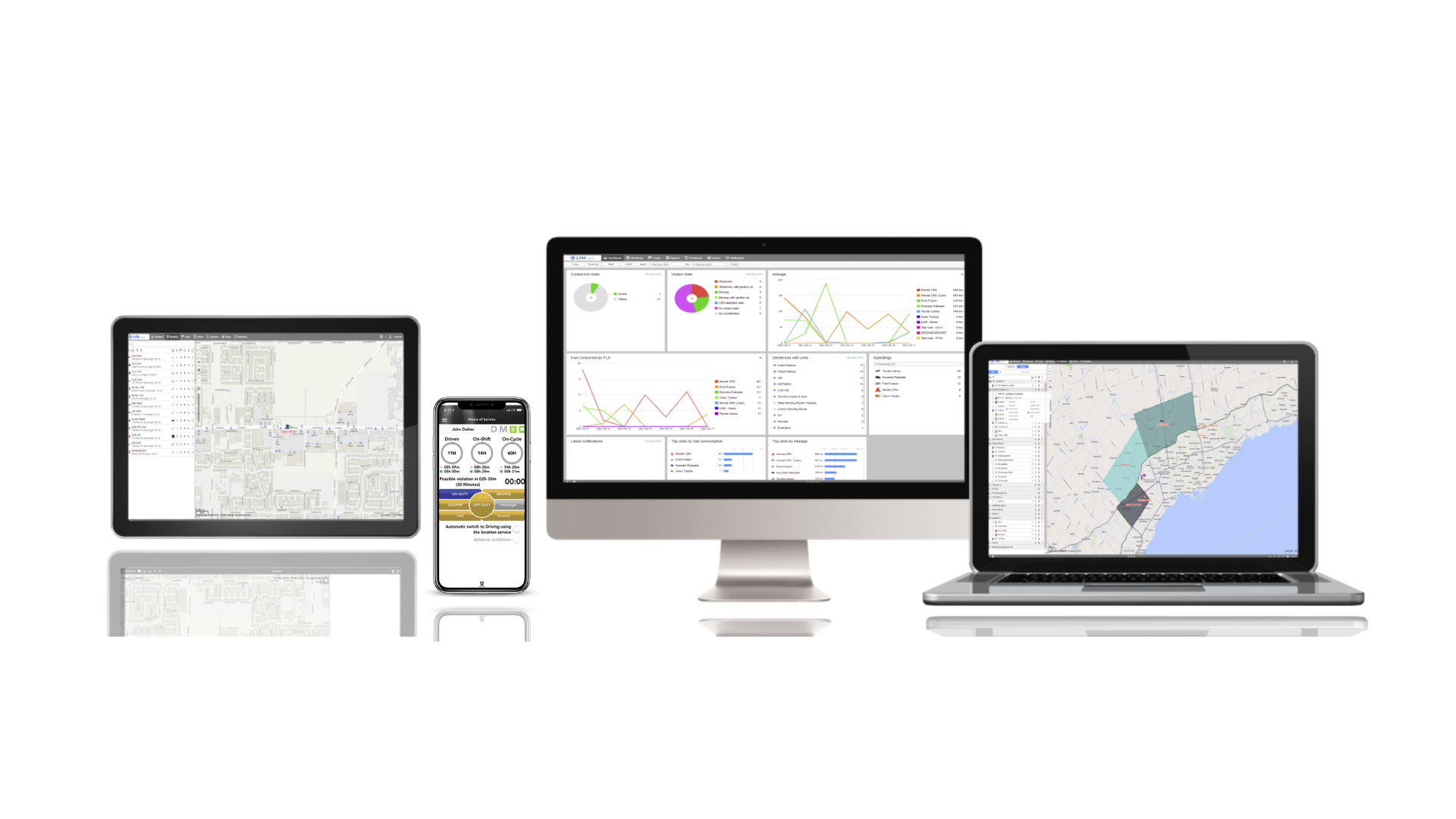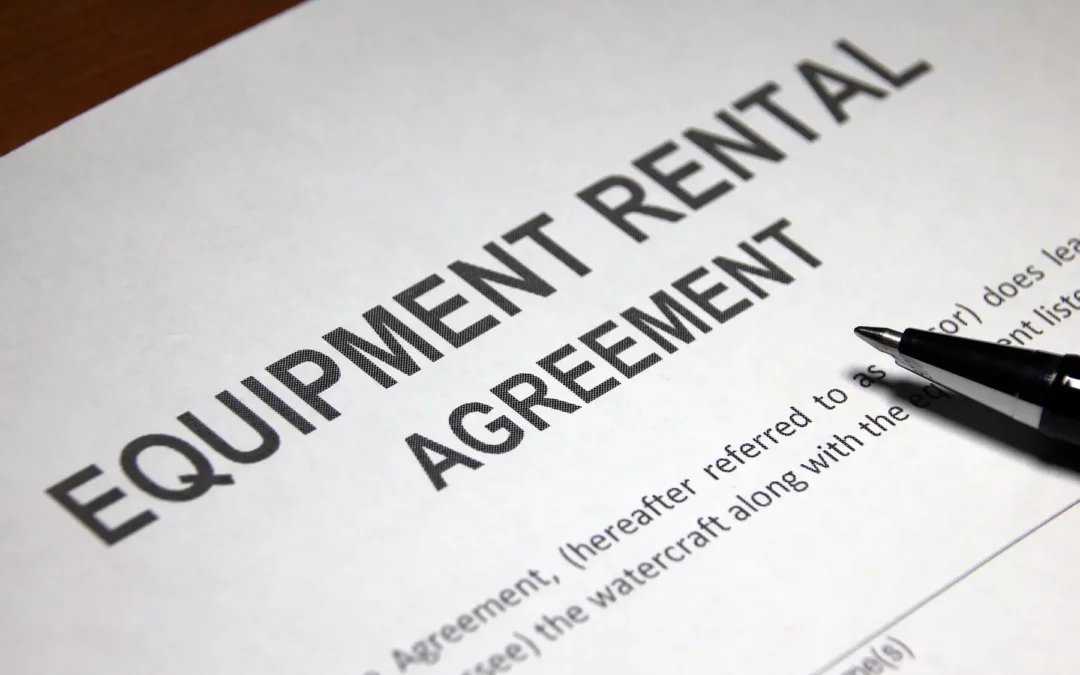When it comes to the profitability of the rental industry, it depends on efficiently renting out assets, keeping them in good condition, and managing the asset’s life cycle.
To maximize profitability, a rental company needs to know when and whether their assets will be returned in what condition so that they can be checked in, maintained, and quickly put back on the rental list again.
Most rental companies struggle with asset management. If your company has not installed an advanced asset management system, you will face many issues. For example, it is more complicated to monitor and organize which asset from which location is readily available to be rented out if a rental company has multiple branches. It will end up costing tens of thousands of dollars if you lose even one piece of equipment. They are often not in an ideal condition when your customer returns your rental assets.
According to the report from National Equipment Registry, about 1,000 pieces of commercial equipment are reported stolen every month, which is equivalent to anywhere from $300 million to $1 billion loss per year for business owners.
The lack of an advanced asset management system will result in inflated maintenance and management costs. In order to overcome these challenges, GPS tracking is a must-have for all rental industries to manage and mitigate operational risks.
How a GPS Tracking works for the rental equipment industry
Maximizing profitability in a rapidly growing market can be challenging. In fact, the equipment industry in the U.S. is growing. According to the statistics from statista, the size of the U.S. equipment rental market is projected to be sized at approximately $53 billion U.S. dollars in 2022, a 10% of increase from its in 2020.
Along with its increasing market, operators in the rental industry are concerned about the safety and maintenance of their equipment. It is not easy to know how their equipment is used by their customers, or whether they return their rental equipment at the right time in the right place.
To manage and monitor all challenges, GPS tracking solutions help locate your assets using a pre-installed transmitter that tracks the location of the specific object using signals from several satellites and calculating the delay between each one. Today, GPS tracking is more powerful, accurate, and comprehensive by integrating with an asset management system.
GPS tracking integrated with an asset management system provides you with insightful, real-time data and reports that support you to improve safety and productivity.
Let’s look at the benefits of installing GPS Tracking in the rental equipment industry.
5 benefits of GPS tracking for the rental equipment industry
- Tracking real-time location & geofencing
Renting your assets to others is risky unless you have full control of management and monitoring. Heavy equipment assets are highly valuable and difficult to replace. With GPS Tracking for heavy machinery, trailers, and other high-value assets, you can monitor your assets’ whereabouts in real-time. You can also set up geofencing, which is a virtual border drawn on the map, in an asset management system. These virtual boundaries or areas can be drawn like a single-lane street or shaped size as a specific yard to help you monitor and manage your valuable assets. These geofences are used as a trigger for alerts when your asset enters/exits in or from the geofenced area. As soon as the GPS tracking detects the movement, it will send an alert. This information is crucial in preventing contract breaches and ensuring that equipment is exactly where it is supposed to be.
- Monitor equipment condition
Another benefit of using GPS Tracking in the rental equipment industry is automated maintenance. GPS Tracking will allow you to schedule maintenance based on the equipment’s runtime. This will help make sure that maintenance is done on time and increase productivity by maintaining the rental cycle of each asset. Maintenance notifications of upcoming work can enable you to go perform maintenance on a customer’s job site to prevent costly breakdowns and unnecessary repairs.
- Prevent theft
As we mentioned earlier, about 1,000 pieces of commercial equipment are reported stolen every month which is equivalent to anywhere from $300 million to $1 billion loss per year for business owners. This can happen to anyone.
What if your customer paid in cash or with a fraudulent credit card and disappeared without returning your rental equipment? When your equipment isn’t returned and you come to collect it, the site will be vacant or the address or person you lent your equipment doesn’t even exist. These unfortunate events could happen to you. How can you prevent this from happening?
You already know that a GPS Tracker allows you to monitor the exact location of your rental equipment. However, the right rental equipment tracking devices can do more than simply aid in locating lost or stolen rental equipment. It also can help you minimize the risk of damage to the assets if it is stolen by minimizing the time that thieves have them.
For example, if a GPS tracking device has geofencing or motion detection capabilities, it will instantly generate an alert if the device crosses the geofencing boundary or detects unauthorized movement. This alert system helps you to quickly identify a potential theft in progress and alert the authorities to the theft. Your quick action can reduce the possibility that the asset will be damaged or disposed of before the asset is found.
- Maximize equipment utilization
Keeping assets operating longer than they should and missing the right timing to replace them with new ones cause the cost to maintain them to skyrocket. With the right GPS Tracker, rental companies can see equipment usage and the GPS tracker helps them make more informed decisions about asset purchasing and selling.
A GPS Tracker integrated with an asset management system can help you stay on top of your asset replacement schedule and find the right time to replace your assets based on the maintenance milestones and their period of usage. The asset management system will provide you with crucial data and help you make the right asset management decisions to maximize equipment utilization.
- Improve invoice accuracy and billable time
Ditch the old manual tracking of run time and paper-based processes.
Using GPS tracking on your equipment improves your invoice accuracy and billable time. This feature is beneficial especially if you bill your customers based on the runtime of the equipment. You will know the exact amount of runtime from the data by GPS tracking and it will increase your invoicing accuracy.
In addition, monitoring runtime will eliminate human errors. It’s easy to bill your customer by the day, half-day, or by the hour with full and accurate data collected by an asset management system. Using GPS tracking and an asset management system automates everything and helps your work be more accurate and productive.
Need an advanced asset management system for your rental business? We are here to help you
Astreon provides a cloud-based system, seamlessly integrated into mobile applications featuring a wide range of IoT solutions. You can get real-time asset tracking visibility with detailed reports on their location. Astreon’s asset management system allows you to monitor your assets’ whereabouts with a click of a button to save time, reduce dwell time, with the added convenience of not having to physically look for your asset. It helps you reduce costs by ensuring that critical assets are available and identified quickly when you need them the most.
Contact us today for more information about our advanced asset management system.



